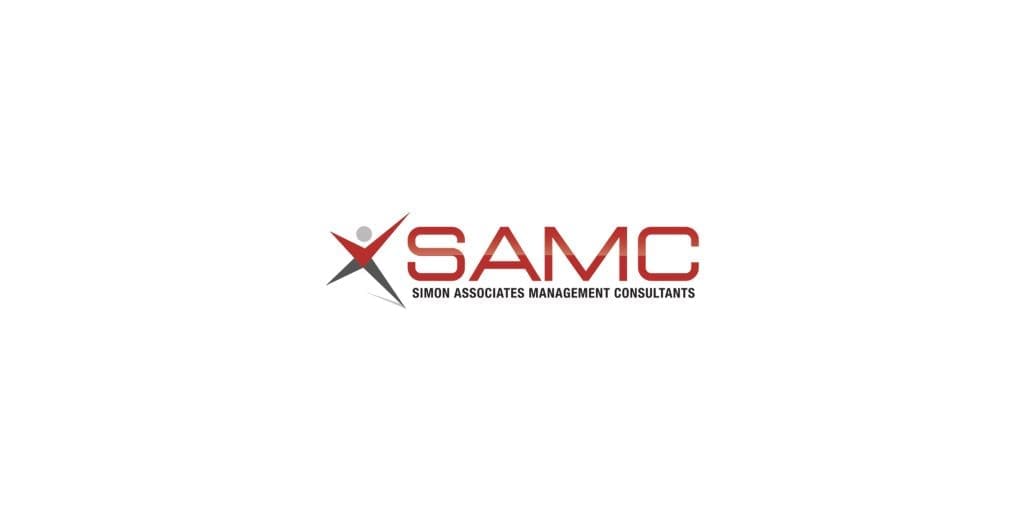 A few sentences in a recent New York Times article about failure particularly struck me: “… (an) unexpected truth about innovation: It is, by necessity, inextricably linked with failure. The path to any success is lined with disasters.”
A few sentences in a recent New York Times article about failure particularly struck me: “… (an) unexpected truth about innovation: It is, by necessity, inextricably linked with failure. The path to any success is lined with disasters.”
Disaster?! That’s a strong word.
Just the thought of it turns my stomach, and, probably yours as well. In spite of my initial reaction, however, I have learned that my response to a perceived disaster determines its final outcome. Will this perceived failure scar my viewpoint, or will it lead me down a path to something new and better?
Modern corporate structure does not encourage innovation–it inhibits it
As the Times article illustrates, the invention of the corporate structure enabled the risk of new ventures to be spread among many people. Now that the corporation is an established institution, it inhibits risk.
After all, what’s the incentive to risk the accumulated rewards of our success? Ironically, maybe one of our greatest failures is holding on too tightly to our past successes, because it stops us from taking chances and innovating.
Past failures can kill our ambition for future successes
The pain of a past failure can also overwhelm us and crush our willpower to try again. How many times have you seen someone give up because they failed at something one time? Maybe, you have even said some of the following:
- “I tried to hire an Executive in that position before and it failed miserably. I will never have that position again! We will do without it.”
- “Failure is not an option.”
- “My team suggested something that I know won’t work, so I rejected their stupid idea.”
- “I want a guarantee that I won’t lose my original investment.”
We must learn to embrace failure, not be afraid of it
Technology is cracking open our old belief systems. Today’s rapid development and deployment of new technology has created a plethora of new products and companies, at the expense of many long-lived ones. No company is immune from this threat. Unavoidably, virtually every enterprise these days is being forced to rapidly innovate or get out of business.
Successful innovators do not let failure derail them
Yet if both past successes and failures result in fear and risk aversion, how do skilled innovators view and react to failure? Unlike the majority of us, they:
1) Expect obstacles. In other words, they understand that “Innovation Road” is full of potholes, and sometimes sinkholes.
2) Look for the lesson. Failure not only teaches you what you did wrong, it shows you what elements actually worked, which can then be incorporated into your next experiment.
3) Tolerate unfavorable circumstances for an extended period of time. They have the stamina of a professional athlete.
4) Manage their internal dialogue to de-personalize the failure and see it is as a temporary event.
5) Manage their emotions.
6) Learn to persevere:
a) Mark Papa, retired CEO of EOG Resources, told The Wall Street Journal:
“I can’t think of any other single event that has caused such a positive economic benefit to the nation as a whole as shale oil and shale gas. The fact that oil prices have collapsed as much as they have is directly attributable to the shale revolution.”
He continued, “Our R&D was just applied R&D. We went out there, drilled some wells, and the first eight or nine were unsuccessful. We got improvements, improvements, improvements, until we finally ended up hitting the right recipe for success.”
b) Jeff Bezos, the brash and bold CEO of Amazon who is not afraid to publicly fail, was the keynote speaker at the Business Insider Ignition conference. He said:
“It’s incredibly hard to get people to take bold bets. You need to encourage that, and if you are going to take bold bets, there are going to be experiments, and if there are experiments, you don’t know ahead of time whether they are going to work. Experiments are by their very nature prone to failure, but big successes, a few big successes compensate for dozens and dozens of things that didn’t work.
“Companies that don’t embrace failure, they eventually get in the desperate position where the only thing they can do is make a Hail Mary bet at the very end of their corporate existence…I don’t believe in company bets. That’s when you are desperate.”
How do you see failure and how do you personally react to it?
How does your company react to it? Is it punished or celebrated?
What are you doing to create a flexible organization that encourages risk taking, innovation and, yes, failing? They are all interdependent.
Quite possibly, the innovation you’re looking for won’t happen until you manage your perception of, and reaction to, failure.



